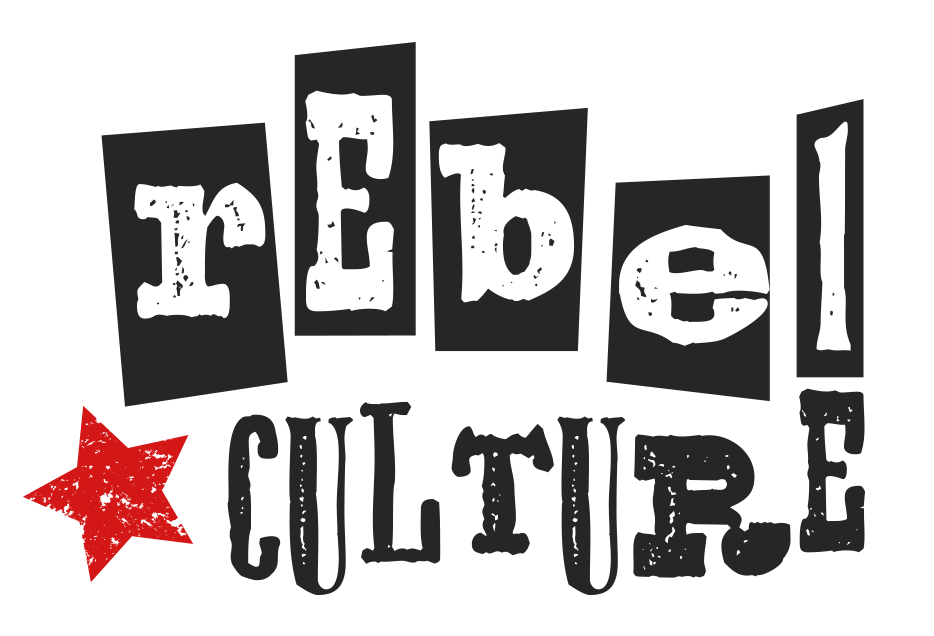The 13th Month
Most people don’t set goals.
Some people set New Year’s Resolutions - 38.5% of the adult population, in fact. But these resolutions are usually non-specific and hard to measure.
They sound like, “I want to exercise more” and “I want to drink less.”
As a result, one out of four people who set New Year’s Resolutions quit within the first week of January and nearly two-thirds quit before the end of January.
Only 9% of people who set these resolutions keep up with them for the year.
Interestingly, people who set and track measureable goals throughout the year (so, “I’m going to save an extra $300 a month” vs. “I want to save more money”) are ten times more likely to hit those goals than those who set non-specific goals/resolutions.
In business, the numbers are equally damning. I reviewed multiple studies and reports from Forbes, The Economist, HBR, and others, and while the numbers are slightly different in each, the below is a good synopsis of what I discovered.
51% of organizations develop aligned goals.
6% of these orgs regularly revisit these goals as a team.
And, 80% of organizations who set goals fail to track their progress toward them.
Conversely, employees are three-and-a-half times more likely to be committed to their org when they have measurable goals to hit; and, they’re six-and-a-half times more likely to feel proud of their org and recommend it to others when that org is goal-oriented.
So, let’s recap.
As individuals and as teams, we’re pretty bad at goal-setting, despite the fact that it makes a big difference for us and our teams if we do it well.
With this abysmal success rate, I started wondering why so many people are waiting for January 1st to begin this process. I mean, I get why that feels like a perfect starting point, but considering most of the people who write goals do it poorly, don’t follow-up on them, and quit almost immediately, it seems like posturing more than an actual exercise meant to drive success.
It reminds me of that scene from Anchorman, where there’s the closeup on Will Ferrell’s face. He tell us that he needs our attention and that he has an important announcement to make. Then the camera zooms out and he’s on a diving board in a speedo. He screams, “Cannonball!” and jumps into the water.
How many of us are telling ourselves and others that we’re going to begin the thing on January 1st? How many of us have basically decided that the year is technically over right before Thanksgiving but that in six weeks, it’s going to get real? How many of us are messaging to our teams that we’ve all worked hard and can slow down in the last few weeks of the year, only to get to January and, much like Ron Burgundy, act like we’re about to do something very important, only to splash into the water instead?
Here’s a trick.
Treat December, instead of as a throw-away month, as the 13th month. Yes, I know there are only twelve months, but hear me out.
Many of us spend December in indulgence-mode. We eat too much, we drink too much, we watch too much television, and don’t really exercise. We tell ourselves that we “earned” the right to do this by working so hard all year.
But what if, instead of doing what I described above, we used December to set goals and build habits for 2024 so that we hit January 1 with twenty or thirty days of good habits in the bank.
To be clear, December is often a slower month for folks, and if you celebrate the holidays, I encourage you to celebrate your ass off. But considering December is slower, could you get a jump on some things while other people are slacking off? Ed Mylett calls this time of year, “Separation Season” because it’s the time when people who aren’t slowing down, distance themselves from those who do.
Join a gym on December 1st instead of January 1st. Set a goal to read two books in December. Meditate twice a day. Run one mile every day, including Christmas and New Year’s Eve (I’m doing this). Draft 2024 business goals so early that January is spent refining those goals instead of drafting them.
December should be a time to relax a bit. That’s your 12th month. But it should be a time to relax from your hectic schedule, your slammed calendar, and back-to-back Zoom meetings. Use it, as those other things scale back, to get better. To read more. To spend time with your kids. To start writing that book. To strategize about how you and your team are going to conquer the world in 2024.
That’s your 13th month.
